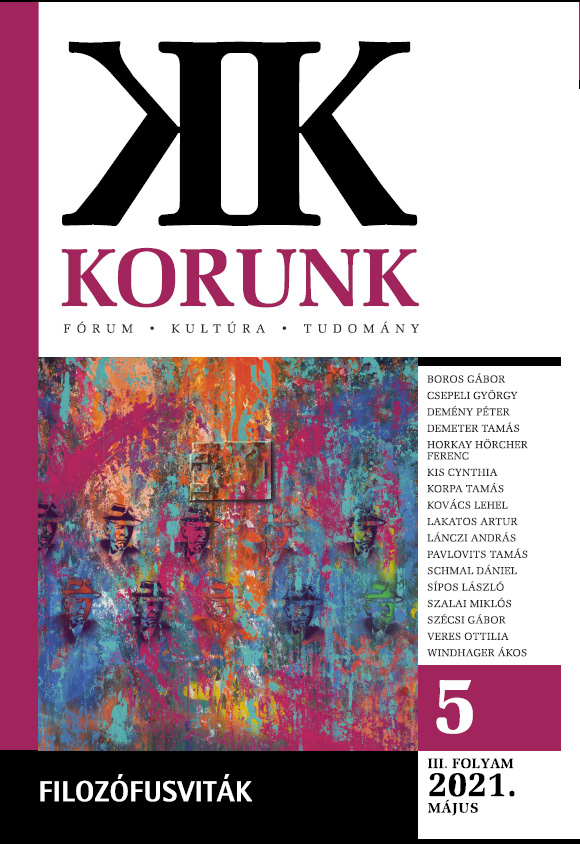Hazugság, kétszínűség és kétértelműség a kora újkorban. Megjegyzések a filozófiatörténet-írás módszertanához
Mendacity, Duplicity and Ambiguity in Early Modern Age: Some Remarks on the Methodology of History of Philosophy
Author(s): Dániel SchmalSubject(s): History of Philosophy
Published by: Korunk Baráti Társaság
Keywords: dissimulation; mental reservation; ambiguity; equivocity; Henry Garnet; William Shakespeare; Macbeth; gunpowder plot
Summary/Abstract: The article addresses two different but interrelated questions as to the methodology of the history of philosophy after the end of the great narratives. The first concerns the criteria by which historical debates can be identified as “philosophical”. The second deals with a particular debate at the beginning of modern times on the use of certain techniques of dissimulation: mental reservation and ambiguity. The idea is that by exploring this particular debate, one can gain important insights into the nature of philosophical debates in general. To this end, we describe the background of this controversy, observe the different philosophical justifications behind the techniques proposed, and explain the moral and political consequences of the positions. The conclusion is that no clear definition can be applied to philosophical problems as philosophical ones. The more rigorously we enforce a priori criteria, the less the real issues can be understood. That said, the lesson is not that the philosophical approach must be abandoned, but that a kind of “double vision” is to be applied to the problems under study. What it means is to keep in mind the criteria of philosophical reasoning on the one hand, and to be prepared to give them up when necessary, on the other.
Journal: Korunk
- Issue Year: 2021
- Issue No: 05
- Page Range: 31-44
- Page Count: 14
- Language: Hungarian

